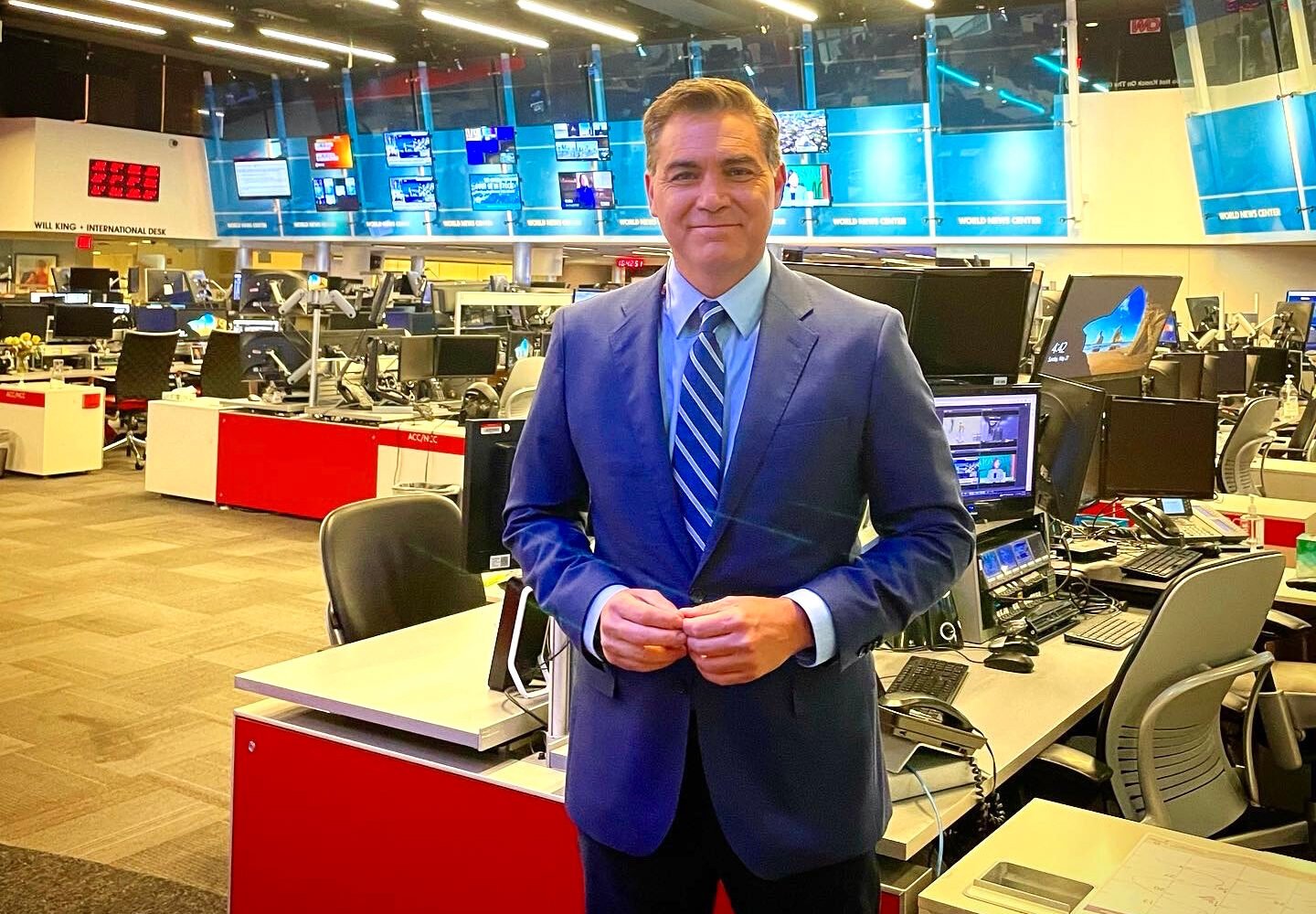In the past week, Trump drew a sharpie across a map of Hurricane Dorian, launched a brand of campaign merchandise, and Tweeted a classified satellite photo. But what else happened in Trump’s Washington?
Each Friday, Washingtonian collates news, often buried beneath headlines, about how the Trump administration is affecting the work of our city’s largest industry at the ground level, in all its wonky (and occasionally horrifying) specifics. This week: Subpoenas were issued, the FEC was paralyzed, and the USDA scrambled after too many of its scientists resigned.
***
Hacked employees hosed. The Justice Department argued that federal employees whose personal information is hacked are not entitled to damages. The lawsuit revolves around a data breach at OPM in 2015, in which the records of every current and former federal employee were stolen.
Fallout at State. A State Department official apologized to staffers for failing to protect them from retributive or abusive practices. The acknowledgement comes weeks after an internal report detailed how political appointees punished staffers they deemed “disloyal” to President Trump.
No quarter for Trump pardons. The House Judiciary Committee issued subpoenas this week to investigate reports that Trump offered pardons to government officials if they broke the law in order to advance the construction of a southern border wall.
Greg Craig exonerated. After five hours, a jury acquitted Greg Craig of criminal charges that he failed to register as a foreign agent. The case was the latest in a renewed effort to enforce the Foreign Agents Registration Act. Despite the win, some lobbyists said they were taking no chances.
Arizona congressman feels the heat. The House Ethics Committee released information about its investigation into Representative David Schweikert. The allegations include “substantial reason” to believe Schweikert received loans from a congressional employee that he later repaid with taxpayer funds. Schweikert has denied the allegations.
A bad week at Interior. Senator Tom Udall demanded ethics documents relating to Joe Balash, a former senior Interior official who directed lease sales on Alaska’s coastal plain, opening the way for oil and gas drilling. Balash announced this week he will be joining an oil company. The company seeks to expand drilling on Alaska’s coastal plain.
On Thursday, former senior-level Interior officials united to oppose a proposal to relocate the Bureau of Land Management out of DC, calling the idea “a very ill-advised move” for “the sound management of America’s public lands.”
The news came the same day that a government ethics report found that Interior broke the law during the government shutdown this year, when it took used funds from park coffers to keep national parks open, presumably to blunt political fallout. It concluded that “[i]nstead of carrying out the law, Interior improperly imposed its own will.”
Trump’s gag strategy. A CNN report details how the White House deters former staffers from writing tell-all books after their tenure. In addition to lawsuits (more likely arbitration proceedings), the tactics include special job placements and direct pleas from President Trump.
Agriculture scrambles. A plan at the Agriculture Department to relocate scientists to Kansas City faces a new pitfall: So many scientists have resigned that the agency is trying to staff the office until the move is finalized—attempting to entice retired officials to work from home in DC until December.
Death penalty for mass shooters. The Justice Department is offering one solution for mass shooters: the death penalty. The idea is reportedly a collaboration between Vice President Mike Pence and Attorney General Bill Barr. The administration announced this year it would end a moratorium on seeking the death penalty in federal cases.
SWAMP BONUS—FEC in free-fall. One week after Republican commissioner Matthew Peterson left the FEC—hamstringing the agency a year before the 2020 elections—Peterson is joining a DC law firm that has a legal specialty in so-called dark money. With Peterson absent, the FEC can’t take votes or make rules. This week, the FEC announced a proposed rule that would close a loophole authorizing campaigns to conceal their donations and expenditures in the final month of a campaign (which they achieve by switching their reporting from quarterly to monthly at the last minute). The FEC can take no action.
Ex-@FEC vice chair Matthew Petersen—whose departure effectively thwarts any FEC enforcement action going into 2020 elections—is joining Holtzman Vogel Josefiak Torchinsky, a political law firm known for creative legal maneuvers hiding "dark money" donors https://t.co/8EL1aDrPjx pic.twitter.com/7bLEJSlNXK
— Anna Massoglia (@annalecta) September 5, 2019


















